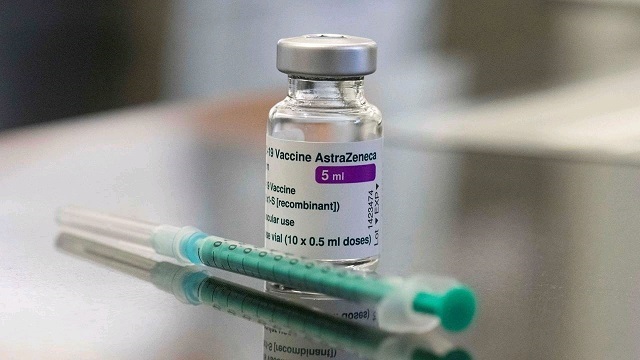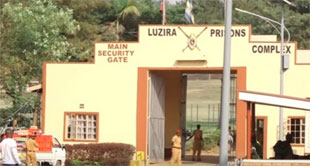
There is a global shortage of AstraZeneca caused by a ban on the importation of the vaccine from India
Kampala, Uganda | THE INDEPENDENT | Ministry of Health is uncertain when it will receive the next batch of COVID-19 vaccines to enable the ongoing vaccination exercise to continue, the permanent secretary Dr. Diana Atwine has revealed. She told URN in an interview on Wednesday evening that they don’t know where to get more COVID-19 vaccines.
“Uptake has increased, which is good but we do not know where we shall get other vaccines from. We are talking with COVAX but they have not yet allocated other vaccines to us,” she said. Apparently, less than 200,000 vaccine doses are available. Due to the mass vaccination taking place, the available vaccines can only last for 10 days if 20,000 people are vaccinated on average each day. Uganda received 964,000 vaccines from the COVAX facility and the Republic of India.
The vaccines were supposed to kick start the vaccination campaign in the country while the government placed orders with the Serum Institute of India and the COVAX facility.
The government had initially planned to make a deposit of Shillings 51 billion to COVAX for 2.1 million vaccines. However, due to a global shortage of AstraZeneca caused by a ban on the importation of the vaccine from India, Uganda will now not be able to receive any of the paid-for vaccines in June.
The ban has also affected other donations of 2.3 million vaccines from COVAX. Last week, the health ministry began withdrawing vaccines from districts that had low uptake with the hope of supplying them in Kampala and Wakiso districts, which have high uptake. As many as 91,000 vaccine doses were supposed to be retrieved. However, Dr. Atwine says that they were not able to get all the vaccines. “We went hoping to pick vaccines from there but when we reached, we found that most of the vaccines had been used,” she explained.
Despite the looming vaccine shortage, Dr. Atwine says that they will continue vaccinating those who are willing until they exhaust the available doses. At the moment, persons who received their first jabs in March and early April are getting their second dose.
Those vaccinated in mid-April and are supposed to get their vaccine at the end of June might not get their second jab as planned yet studies show that for one to get 100 percent protection, two jabs of AstraZeneca are needed.
Dr. Alfred Driwale, the Programme Manager for the Uganda National Expanded Programme on Immunization (UNEPI), says that persons who get their vaccines later than 8 weeks should not be worried. “Research shows that the vaccine can remain efficacious if taken as far as 14 weeks after the first one. We hope that no one will have to wait this long to get another jab. But if the worst gets to the worst, we shall have to wait and see,” Driwale said.
In countries that have storage facilities for vaccines like Pfizer that require to be stored at minus 70 degrees, research shows that they can use both AstraZeneca and top up with Pfizer. However, this is not an option for Uganda at the moment as there is no infrastructure to store the vaccines. The WHO country representative, Dr Yonas Woldermariam says that for now, they are looking at different providers and countries that might have excess vaccines.
*****
URN
 The Independent Uganda: You get the Truth we Pay the Price
The Independent Uganda: You get the Truth we Pay the Price


